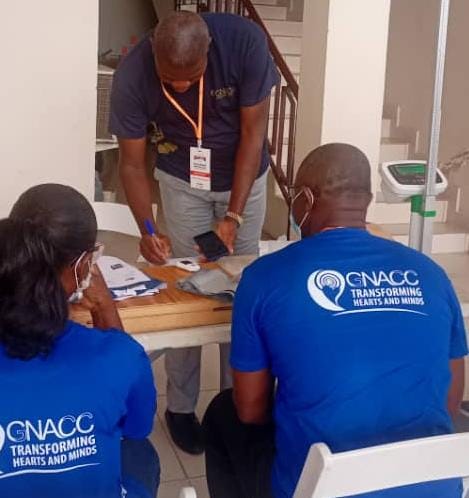By Hannah Awadzi
Accra, Oct. 30, GNA – The Ghana National Association of Certificated Counsellors (GNACC) has organised a workshop to train Counsellors and associates on the proper way to advise persons with special needs and their caregivers.
The training was part of the activities for the International Conference for Counsellors and their Associates which also doubled as the Annual General Meeting for the GNACC.
Dr Cecelia Tutu-Danquah, a founding member of GNACC, said it was time for counsellors to embrace inclusivity in counselling, saying that a lot of counsellors are likely to exclude persons with disabilities or exceptional abilities due to their inadequacies and lack of training.
The Conference on the theme: “Inclusive Counselling: A call to focus on clients with exceptional abilities” had persons with various kinds of disabilities and their caregivers share some of their practical life experiences with the counsellors and their associates.
Dr Tutu-Danquah said the aim of inclusivity in counselling was to embrace all manner of persons irrespective of race, gender, ability, sexual orientation, religious affiliation or any other need, explaining that inclusion was about giving equal access and opportunities and getting rid of discrimination and intolerance in a therapeutic relationship.
“Recognise the fact that most persons with exceptional abilities do not live their lives focusing on their disabilities or limitations, be willing to have an open mind to the lived experiences within the counselling relationship,” she added.
Mrs Florence Akua Mensah, a senior lecturer at the University of Education, Winneba, urged the counsellors to be mindful of their caregivers of children with disabilities during counselling sessions.
“Let’s endeavour to listen and pay attention to what the parents of children with disabilities are saying during the counselling process.” She added
Rev. Fr. Amponsah Anthony Afriyie, a licensed counselling psychologist, who moderated a panel discussion for persons living with disabilities and their caregivers, urged the counsellors to always pay attention to what is not said during counselling sessions.
He said: “To be a good counsellor, you have to hear what has not been said.”
GNA
